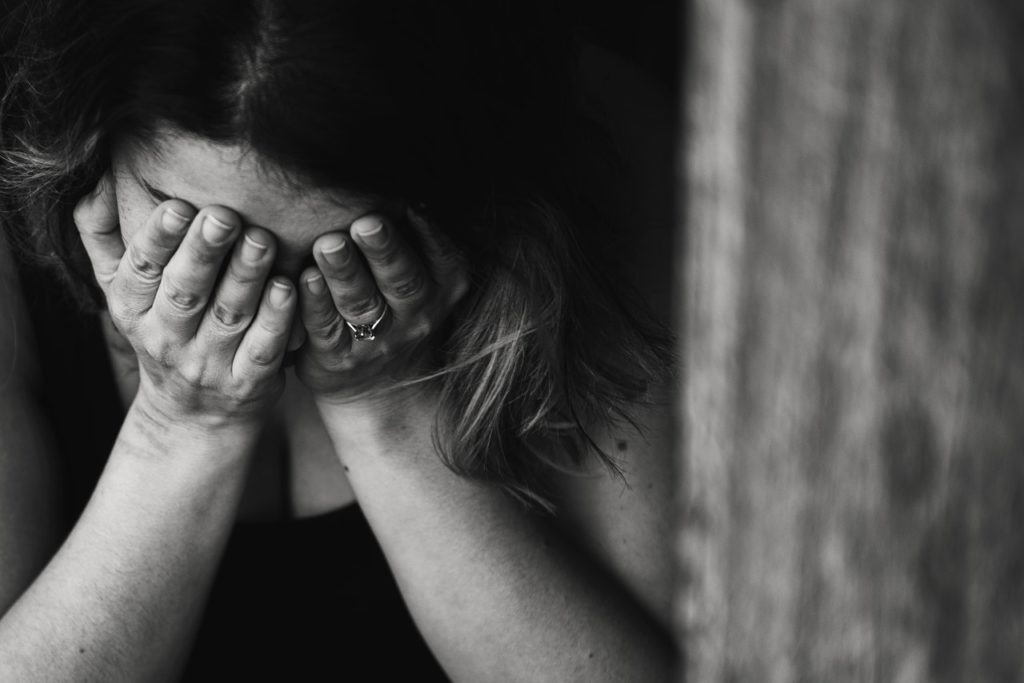
About Child Abuse…
For many children, it can be very difficult to recognize abuse. Growing up in a family where abuse or violence occurs, can lead many kids to believe that this the normal way that family members treat each other. Also, if an everyday experience of family life involves pushing, beating, hitting, shoving or angry name calling, it is understandable that children expect that this it’s ok to treat others this way.
Abuse or violence in relationships or in families is NEVER OK. Everyone has a right to be safe in their community and in their home.
What is child abuse?
The term abuse describes an act by caregivers, parents, older adolescents or other adults that endangers a child’s emotional or physical health or development. It can be a single incident or abuse can be an ongoing pattern of behavior that continues over time. Child abuse includes behaviors that hurt a young person or children and also instances where those responsible for the children do not provide adequate attention and care to support the child’s emotional and physical growth and development. Child abuse also includes non-accidental acts that may be unintentional or intentional.
Types of abusive behaviors are:
- Physical
- Sexual
- Emotional and/or
- Neglectful.
The term “child abuse” refers to children and young people under 16 years of age. The abuser can be an employer, relative, family member, a trusted adult or anyone, not just adults, who take advantage of their authority or position of the young person to meet their own needs.

In the teenage years, abuse can also occur in teen relationships, like being hurt by the person they are dating. If a relationship is based on controlling the life of another person it is not a healthy relationship. A loving relationship is based on trust and respect and does not mean constantly worrying about what your partner may do or say or that he/she may end the relationship.
What are the indicators or signs of teens experiencing abuse?
Although the teen years are often a time when emotions are very changeable and can reach new lows and highs, there many psychological and physical signs that can indicate they are being abused. Signs can include that they may:
- stop seeing friends
- start to skip school
- become distant and secretive
- get aggressive and angry at friends and other family members
- have unexplainable bruising
- lose weight or put on weight
- change the way they dress
- put themselves down
- show difficulty concentrating
- lose interest in their appearance
- start getting lower school grades.
Abuse, however, can be occurring if maybe none or only some of these signs are evident. It’s important to talk to an adult you trust if you have any reason to suspect that your friend or you are at risk of any harm, to find out what is happening and support you.
When no one takes action to protect the young person and stop the harm, there are likely to occur the most serious effect. The young person’s support from those who believe in them and protect them will help them to heal and recover.
